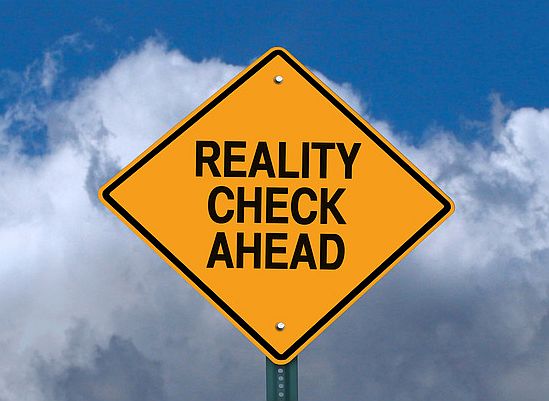28 Jul 2014

The independent Economic Regulation Authority (ERA) has warned that Western Australia’s domestic gas reservation policy is threatening the State’s energy security.
Renewing its call for the policy’s immediate removal, the ERA says gas reservation discourages the investment needed to increase supply and reduce prices.
The final report of its Inquiry into Microeconomic Reform in Western Australia concludes that reservation:
- Discourages investment in gas projects, reducing the availability of gas for future domestic or international use.
- Perpetuates the existence of industries that may not have a comparative advantage in WA at the expense of investment in other industries;
- Increases reliance on subsidised gas prices; and
- Discourages efficiency and technological innovation.
Australian Petroleum Production & Exploration Association (APPEA) Chief Operating Officer Western Region, Stedman Ellis, said the ERA had once again demonstrated that the costs gas reservation imposed on the WA economy far outweighed any perceived benefits.
He said the ERA’s findings followed the release of an International Energy Agency report last month confirming that interfering in gas markets deters investment in exploration and production.
“It is little wonder that governments elsewhere in Australia have rejected the need for reservation policies,” Mr Ellis said.
“Australia’s ability to develop new gas projects is already threatened by rising costs at home and growing competition abroad. Policies that dictate where and how gas can be sold represent a further barrier to investment.”
Mr Ellis said recent developments in the WA domestic gas market undermined claims by reservation advocates that the State faces a looming gas shortage.
“Decisions by major mining companies such as Fortescue Metals Group and AngloGold Ashanti to transition their operations to gas-fired power shows there is plenty of competitively-priced gas available in the domestic market,” he said.
“As the ERA has found, government intervention in the form of gas reservation cannot be justified on the grounds of market failure.
“The reality is, the policy is little more than a crude form of protectionism that places a simultaneous tax on gas production and a subsidy on gas consumption.” Download PDF
Media Contact

